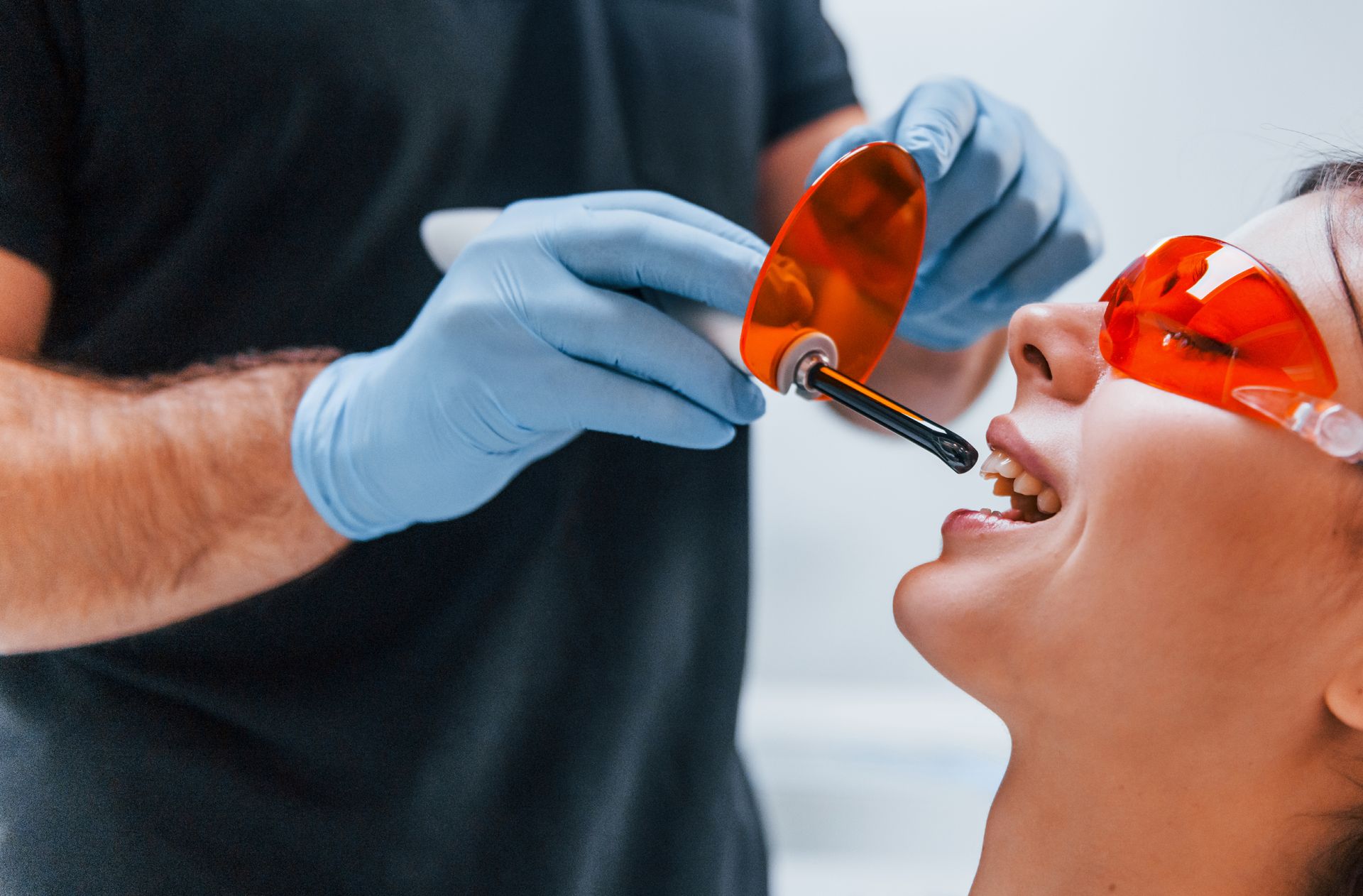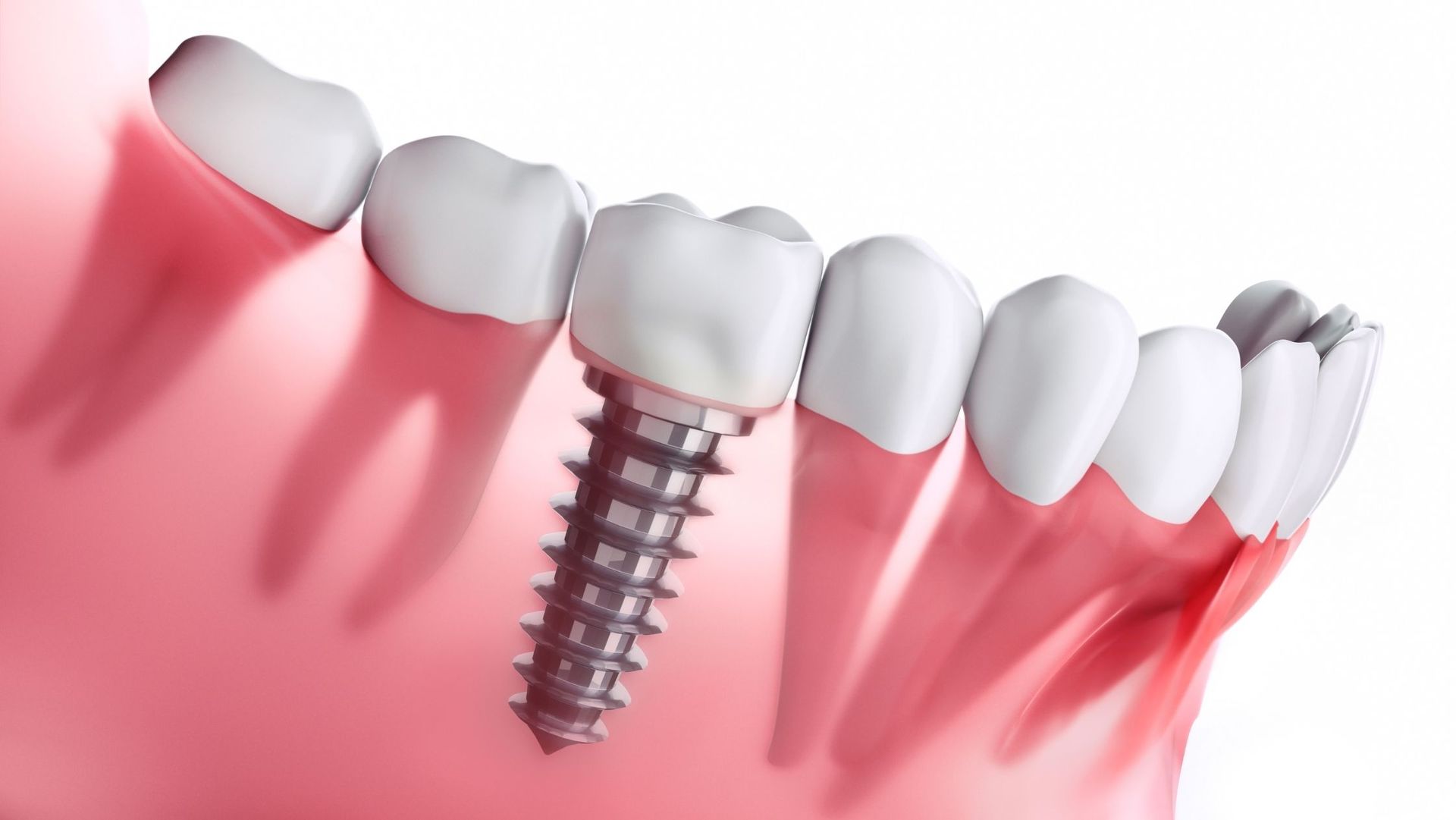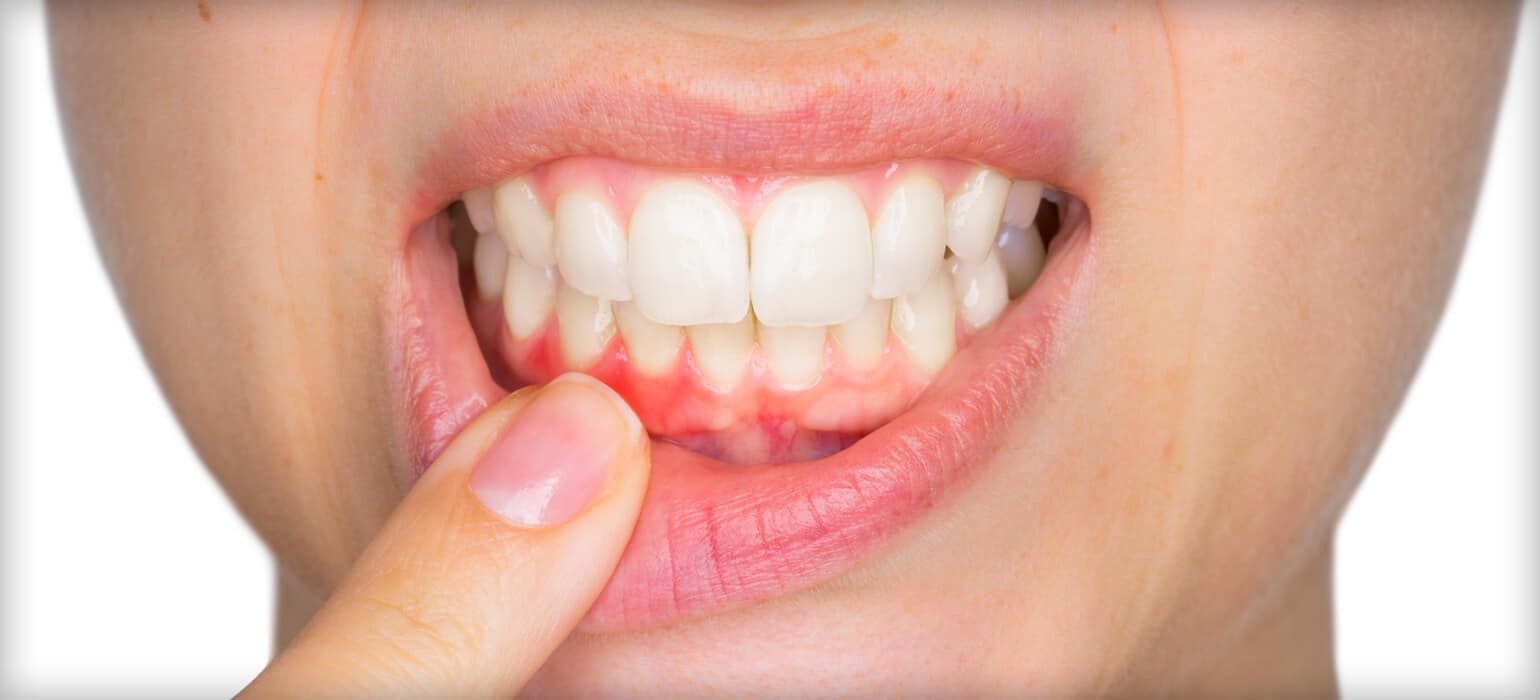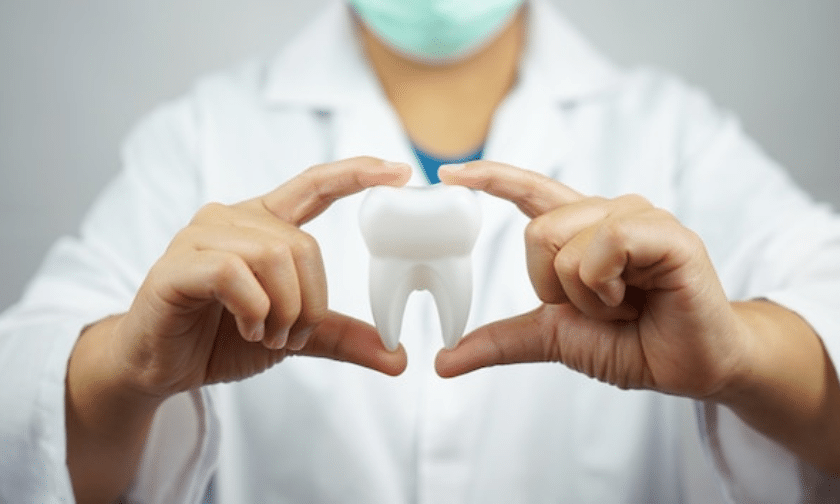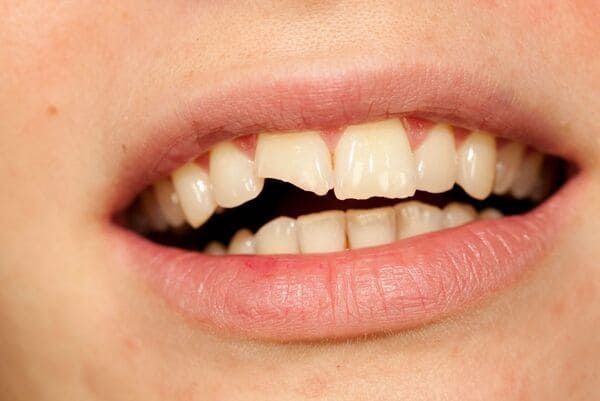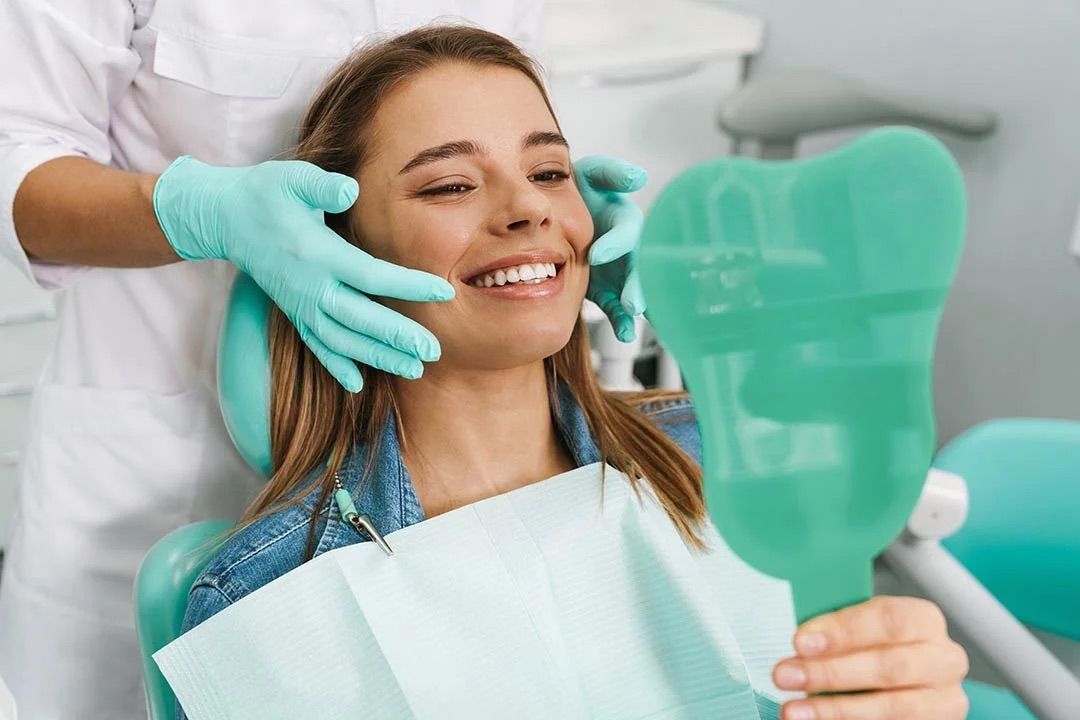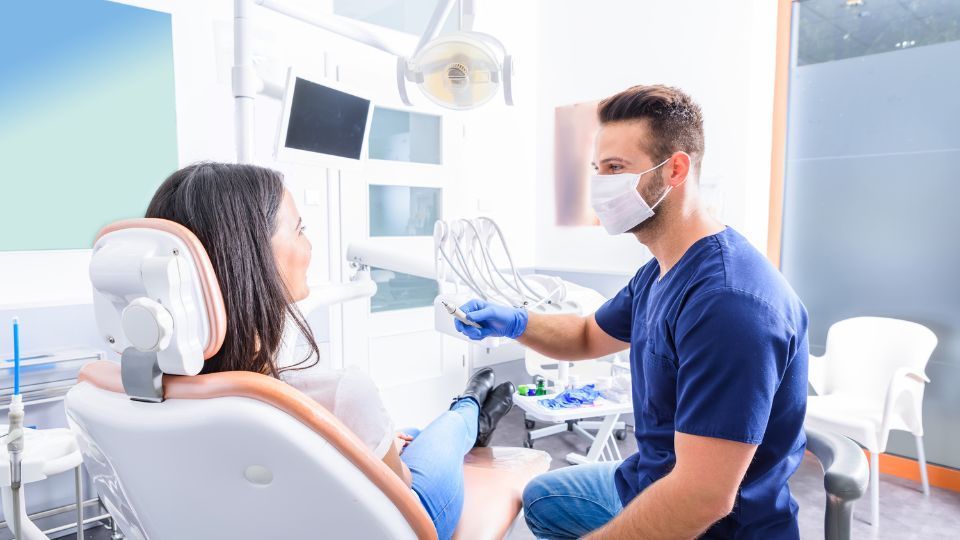How Can Smoking Affect My Oral Health
Ivory Dental, Dr. Lakshmi Alapati | Cedar Park, TX
Most people are aware that smoking is bad for physical health. It has been extensively documented and widely accepted that smoking is linked to numerous severe health conditions, such as heart disease, lung diseases, diabetes, chronic obstructive pulmonary disease, and various forms of cancer. However, what is less commonly discussed is the detrimental impact smoking has on oral health. Chronic smoking can eventually wreak havoc on your mouth, teeth, and gums, leading to a host of oral health issues that can be both painful and unsightly.
The Links Between Smoking and Oral Health
Stained Teeth
One of the most immediately noticeable effects of smoking on oral health is stained teeth. The chemical residue of nicotine and tar found in tobacco products can cause teeth to become yellow over time. This discoloration occurs because these substances penetrate the enamel of the teeth, which is the hard outer layer. For heavy smokers, the discoloration can be even more severe, causing teeth to take on a brownish hue. This staining is not only a cosmetic issue but can also signal deeper dental problems.
Bad Breath
Smoking is a significant cause of chronic bad breath, also known as halitosis. When you smoke, the chemicals from the cigarette linger in your mouth, reducing the production of saliva. Saliva plays a crucial role in maintaining oral health by washing away food particles and bacteria. With reduced saliva production, these substances are more likely to thrive, leading to the persistent and often embarrassing problem of bad breath, commonly referred to as “smoker’s breath.” This issue is exacerbated in individuals who already have poor oral hygiene habits, making regular dental care even more essential for smokers.
Tooth Loss
Another severe consequence of smoking is an increased risk of tooth loss. Smoking creates an environment in the mouth that is conducive to the buildup of plaque and bacteria on the teeth. This buildup can lead to tooth decay and cavities. Moreover, smoking damages the gum and bone tissue that support the teeth, making tooth loss more likely. Gum disease, a primary cause of tooth loss, is closely linked to smoking. Smokers are at a higher risk of developing this disease, which can progressively destroy the structures that hold teeth in place if left untreated.
Gum Disease
The relationship between smoking and gum disease is particularly alarming. According to the Centers for Disease Control and Prevention (CDC), smokers are twice as likely to develop gum disease compared to non-smokers. This increased risk is due to the fact that smoking weakens the body’s immune system, making it harder to fight off infections. Additionally, smoking suppresses the growth of blood vessels, which are essential for maintaining healthy gum tissue. Without a sufficient blood supply, the gums become more susceptible to infections and inflammation, leading to gum disease.
Mouth Cancer
While smoking is widely known to be a leading cause of lung and throat cancer, its potential to cause oral cancer is often overlooked. The harmful chemicals found in tobacco products can mutate healthy cells in the mouth, increasing the risk of cancerous growths. Oral cancer can affect the lips, tongue, cheeks, floor of the mouth, hard and soft palate, sinuses, and throat. The risk of developing oral cancer increases with the duration and intensity of smoking. Early detection and treatment are crucial for improving survival rates, making regular dental check-ups essential for smokers.
Worried About Your Oral Health?
If you smoke, it is crucial to take proactive steps to maintain good oral health. Regular visits to the dentist can help catch potential problems early and provide you with guidance on how to care for your teeth and gums. Here are some steps you can take to protect your oral health as a smoker:
- Maintain Good Oral Hygiene: Brush your teeth at least twice a day and floss daily to remove plaque and prevent tooth decay and gum disease. Consider using a toothpaste specifically designed for smokers, which can help reduce stains and bad breath.
- Stay Hydrated: Drinking plenty of water can help wash away food particles and bacteria, reducing the risk of bad breath and promoting saliva production.
- Use Mouthwash: An antibacterial mouthwash can help kill bacteria that cause bad breath and gum disease. Look for mouthwashes that are alcohol-free to avoid drying out your mouth further.
- Quit Smoking: The best way to protect your oral health is to quit smoking. There are numerous resources available to help you quit, including counseling, nicotine replacement therapies, and medications. Talk to your doctor or dentist about the best strategy for you.
- Regular Dental Visits: Schedule regular check-ups and cleanings with your dentist. Inform your dentist that you are a smoker, as they can provide specialized care and monitoring for conditions that are more prevalent among smokers.
If you are experiencing any symptoms such as persistent bad breath, bleeding gums, loose teeth, or any unusual growths or sores in your mouth, it is essential to seek professional help promptly. Early intervention can prevent minor issues from becoming major health problems.
At Ivory Dental, we understand the unique challenges that smokers face regarding their oral health. Our dedicated team in Cedar Park, TX is here to provide comprehensive dental care tailored to your needs. Whether you need a routine check-up, treatment for gum disease, or advice on quitting smoking, we are here to help. Schedule an appointment with us today, and take the first step towards a healthier mouth and a brighter smile. Remember, the sooner you get treatment, the better!
2875 W Whitestone Blvd, Cedar Park, TX 78613


